Marichu Baoanan’s trial in 3 to 6 months
By Maricar CP Hampton
Non-profit lawyer Ivy Suriyopas gives an update on the shocking case of the nanny who accused a powerful Philippine ambassador of abuse, and what to expect at trial.
TF: How is Marichu Baoanan doing?
IS: She is doing okay. She is looking forward to seeking justice in this case. She is working, but I cannot disclose where. She is with her family.
TF: Where are we now in this case involving Ambassador Lauro Baja, the former Philippine Permanent Representative to the United Nations?
IS: We filed this case three years ago in 2008. The defendant tried to get the case dismissed citing diplomatic immunity and the judge ruled a year later that he was not protected by diplomatic immunity because when we filed this case he had already left his post. Our allegation relates specifically to the domestic work that our client provided to the household (when he was still in his post).
Currently we are in the process of litigating against Lauro Baja, his wife Norma Baja, their adult daughter, Maria Elizabeth Facundo, as well as the wife’s travel business Labaire International Travel, which purports itself to be a travel agency but we believe also has engaged in some kind of employment placement activities.
Procedurally, we have completed discovery, and discovery is where the parties exchange information and evidence in preparation for the trial. And we have a status conference with the judge this Friday (March 18) to determine the trial date. Trial could be anywhere between three to six months from now. It really just depends on the judge’s calendar, the other person’s counsel’s calendar, and my calendar so that we can all be available.
TF: What will be your argument at trial?
IS: We will demonstrate that the Bajas recruited her to come to the United States. She was a domestic helper in the household. For the entire period of several months that she worked there, she only received $100. They originally demanded that she pay up 500,000 pesos to be able to come to the U.S., but she was only able to pay 250,000 pesos which is about $5,000. It is incredibly hypocritical for a Permanent Representative to the United Nations – an international organization dedicated to promoting social progress, better living standards, and human rights – to violate the basic human rights of a domestic worker providing labor and services in his home.
They defrauded her, led her to believe that she would be coming to work here as a nurse.
TF: Is Marichu seeking monetary compensation?
IS: In Baoanan v. Baja, Ms. Baoanan is seeking damages for violations of various federal and state laws pursuant to the Trafficking Victims Protection Act, Alien Tort Claims Act, Fair Labor Standards Act, and other laws. Baoanan v. Baja is a civil matter.
TF: What do you say to women to warn them from being victims of this kind of abuse?
IS: They should be aware of their rights. They should know what the minimum wage is, what the prevailing wage is depending on the type of work they’re coming here for. They should know emergency numbers they should call, for the police it’s 911, or the State Department if they came here through some special visa program. If they signed a contract they should keep a copy of that contract. And they should not surrender their passports to their employers even if they demand it.
TF: How did you become an attorney at AALDEF (Asian American Legal Defense and Education Fund)?
IS: I was actually an intern on my second summer as a law student. From there I applied for the Equal Justice Works Fellowship and stayed on as a staff attorney after my fellowship was over.
TF: Will you stay as an advocacy lawyer for a long time?
IS: I have been dedicated to serving the public interest since college and will continue to do so for the foreseeable future. I have always been interested in social justice issues, which include civil rights, workers’ rights, and human rights.
TF: What’s it like growing up in your multicultural family?
IS: I grew up with most of my mother’s family in the United States, so I was raised eating Filipino food and exposed to Filipino culture. In college, I was heavily involved in the Filipino cultural organization and active in the Asian American community in general.
Ivy Suriyopas was born in Washington, DC, and grew up in Northern Virginia with two younger brothers. Her father is Thai-Chinese, and her mother is Filipina.
Maricar CP Hampton is a freelance journalist. She was awarded a New America Media fellowship in 2010.

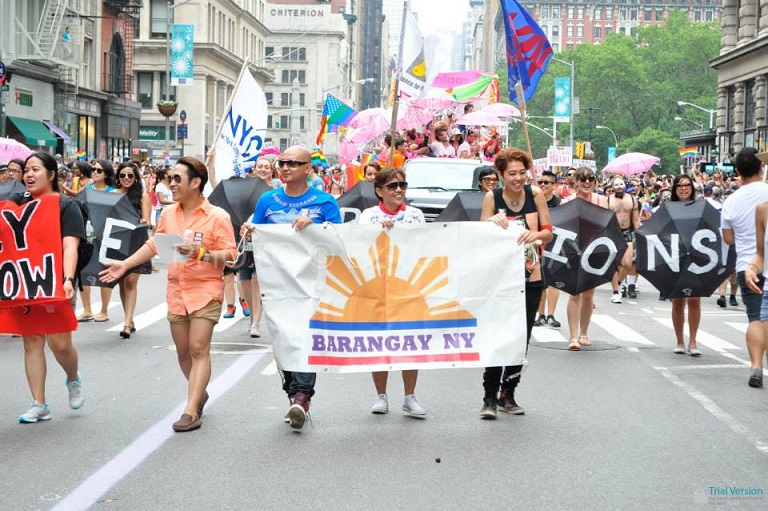
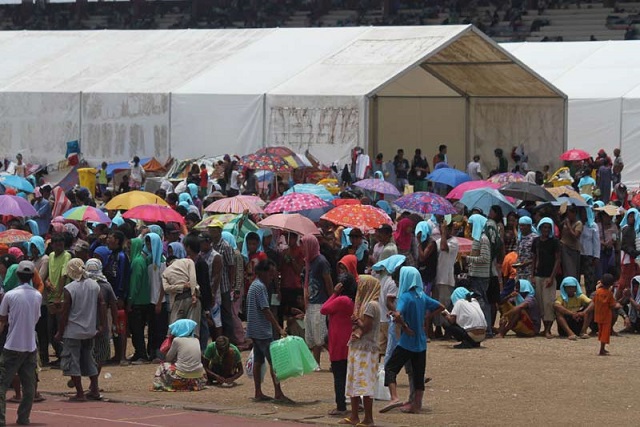
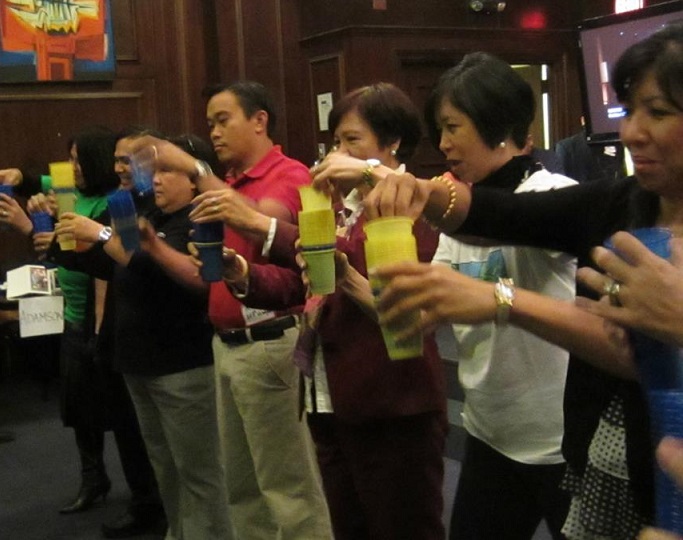
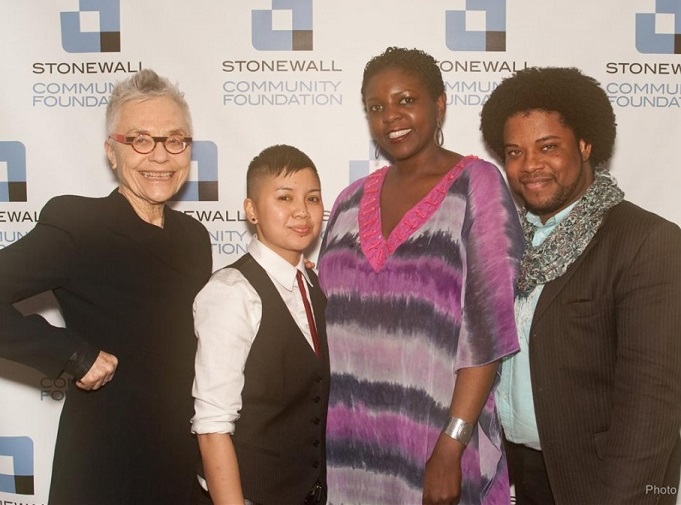

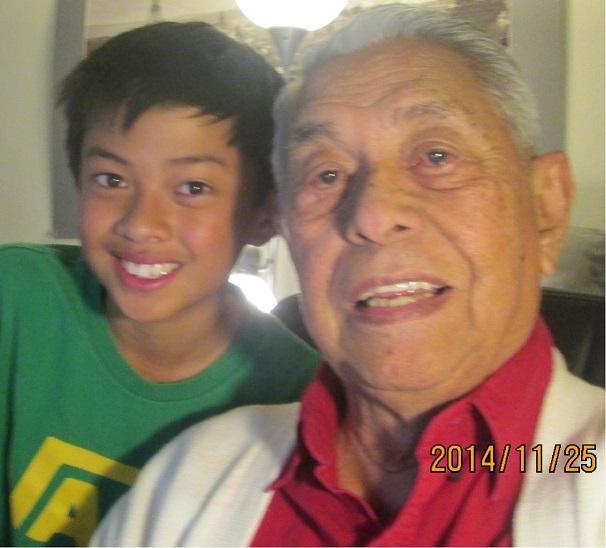



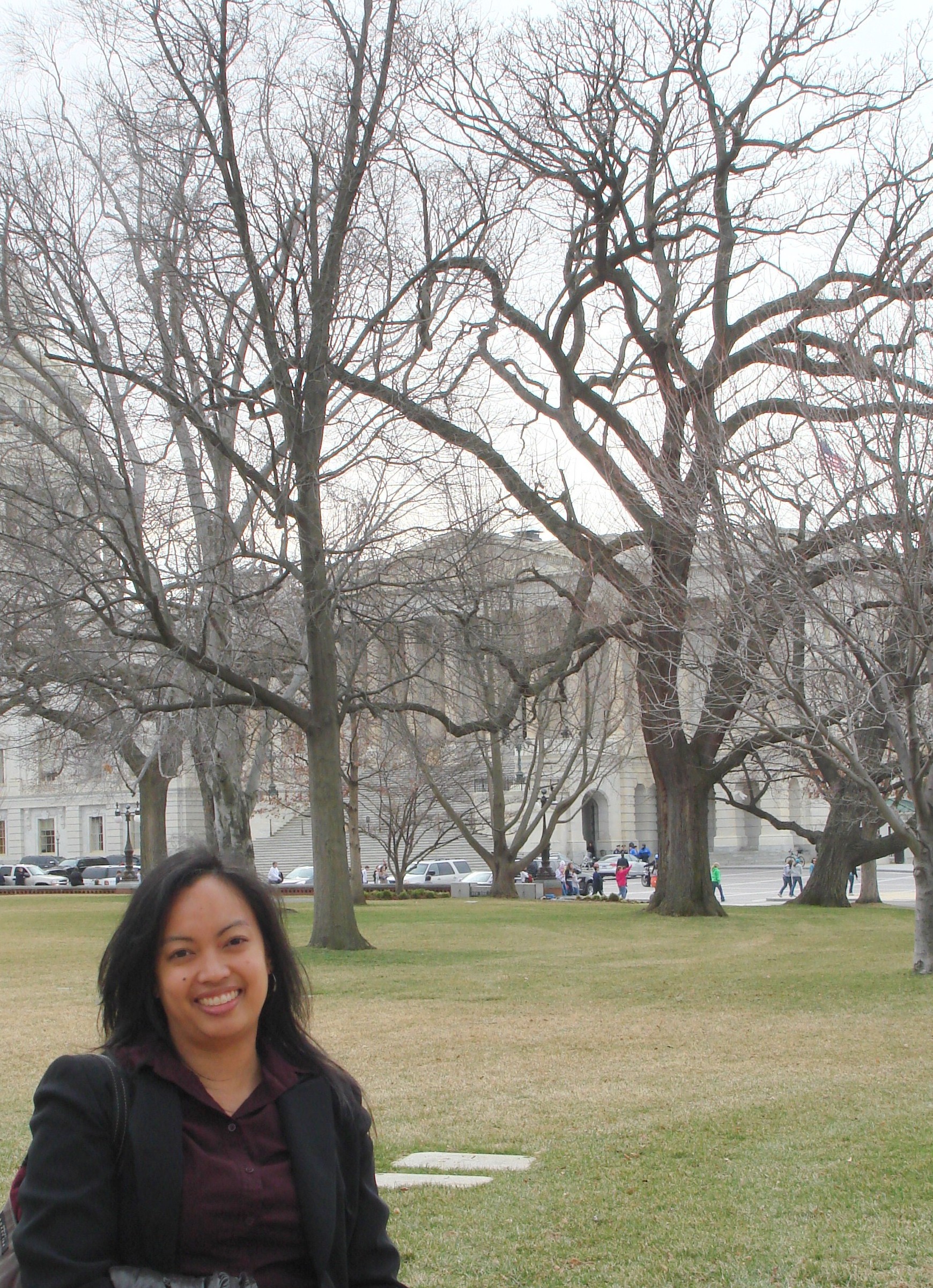
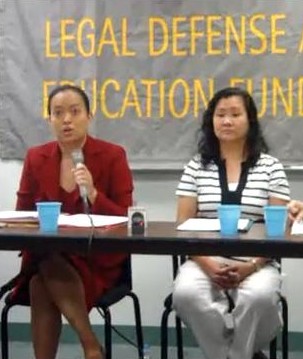
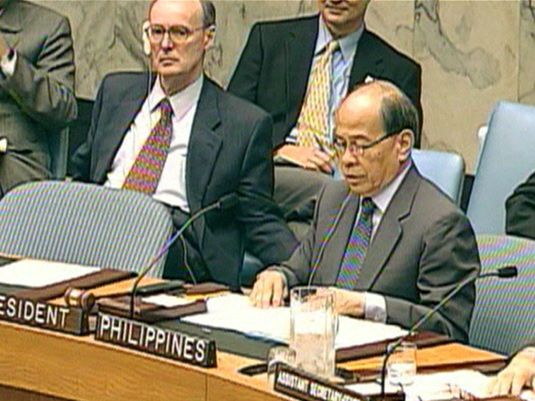

[…] claim human trafficking in our lawsuit,” Aaldef lawyer Ivy Suriyopas told The FilAm. The Asian American Legal Defense and Education Fund represents the 30-year-old […]